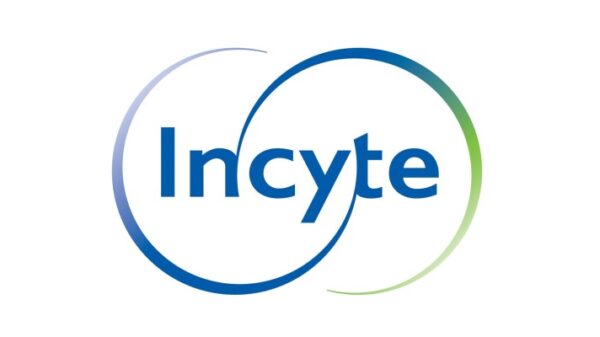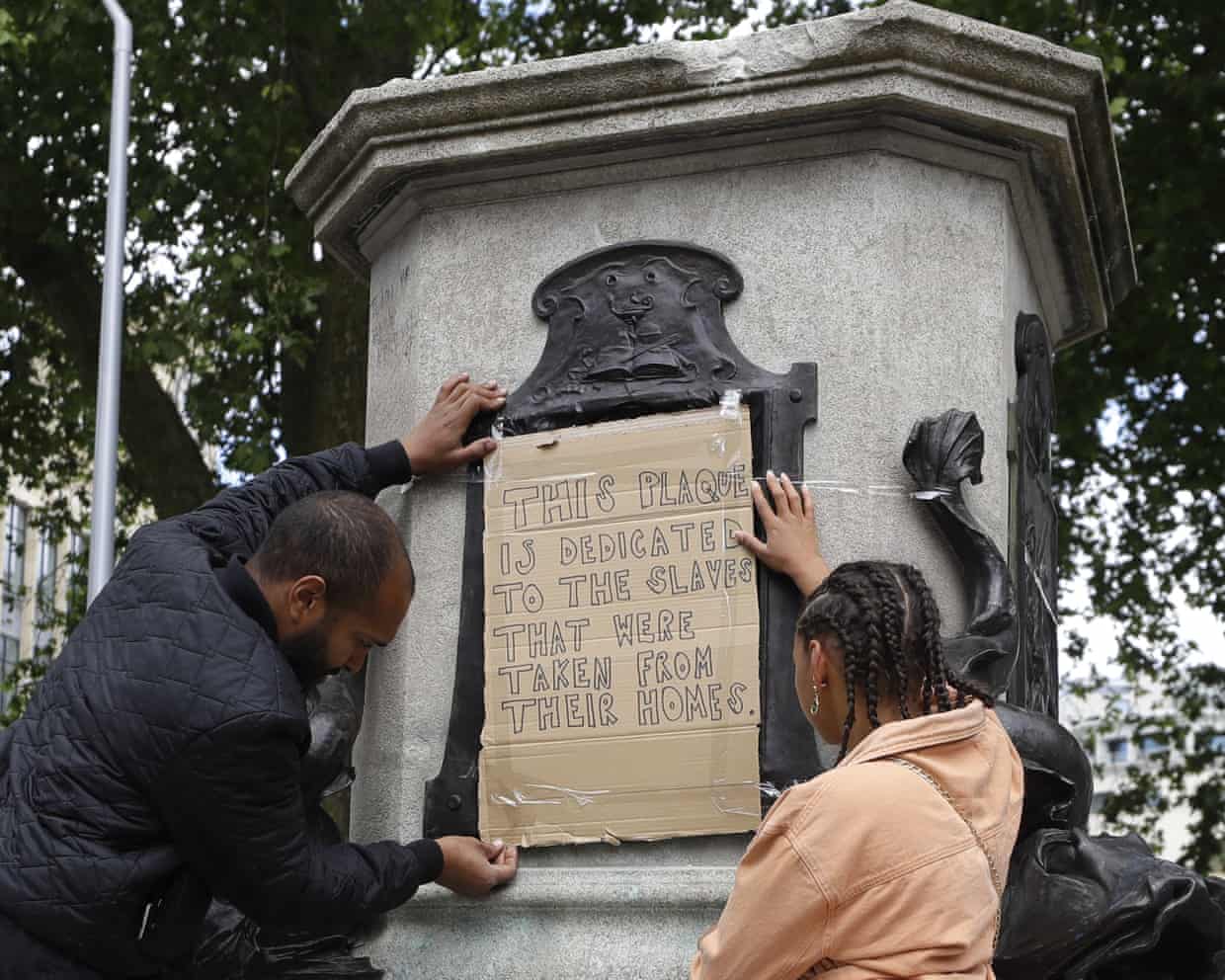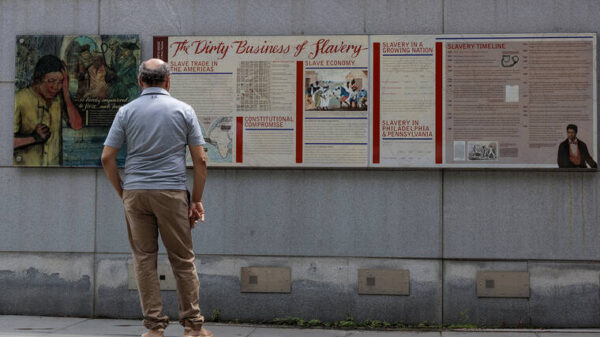As the UK celebrates Black History Month, the conversation surrounding reparations for transatlantic slavery intensifies. Despite the historical significance of this dialogue, it often encounters immediate backlash, characterized by claims of complexity and divisiveness. The issue resurfaced last year during a visit by Keir Starmer, the first sitting British Prime Minister to visit a Pacific island nation. Instead of generating positive headlines about Commonwealth partnerships, Starmer faced demands for justice regarding historical wrongs, prompting a dismissive response that left many observers concerned.
During his trip, Starmer insisted that reparations were “not on the agenda,” while then-Foreign Secretary David Lammy remained silent on a topic he had previously championed. This exchange highlighted a persistent disconnect in public discourse, where serious discussions about reparations are often overshadowed by misconceptions and oversimplifications.
Reparations Movement Gains Traction
The conversation surrounding reparations is not new. Following the widespread protests in June and July 2020, which historians have described as the most significant anti-racist demonstrations since slavery’s abolition, the call for reparations gained momentum. To date, the UK has not issued a formal apology for slavery. In 2006, former Prime Minister Tony Blair expressed “deep sorrow,” but many Caribbean nations did not accept this as an official apology.
Several British institutions responded to the mounting pressure in 2020. The Bank of England issued an apology, while organizations like Lloyd’s of London, Greene King, and the Church of England committed to reparative efforts. The Guardian also announced a program of restorative justice, but the initial enthusiasm quickly waned amid a strong backlash.
Despite this apparent stagnation, recent insights from the Runnymede Trust indicate that the reparations movement continues to gain momentum. Kojo Koram, a lecturer at Birkbeck, University of London, suggests that the government’s dismissal of reparations is short-sighted. He emphasized, “People in the government should be more attuned to this issue because it is clearly not going away.”
Understanding the Financial Implications
The financial implications of reparations are staggering. A 2023 report from the Brattle Group estimated that the UK would owe approximately $24 trillion (£18.8 trillion) in reparations across 14 nations. While some view these figures as proof that reparations are unattainable, Koram argues that Britain has a historical precedent for reparations—it just paid them to the enslavers.
When slavery was abolished, the British government borrowed £20 million to compensate slave owners, a sum equivalent to about £450 billion today. This debt burden was passed to UK taxpayers, who continued to make payments until 2015.
Starmer’s reluctance to engage with the reparations issue appears to stem from a focus on more immediate challenges such as climate resilience and debt restructuring. Yet, Koram points out that reparative justice encompasses more than just financial compensation; it involves addressing the broader architecture of inequality that persists today.
“When we talk about reparative justice, we are not just talking about financial compensation for historical wrongs. We are also talking about restructuring the architecture of global power dynamics,” Koram explained. He highlighted the importance of creating equitable arrangements between the global north and south, particularly concerning the climate crisis.
Additionally, Koram emphasized that the demand for reparative justice can manifest in various forms, including addressing economic inequalities and reforming legal structures. For instance, the final court of appeal for Jamaica remains the UK’s Privy Council, an institution largely unknown to many in Britain.
Framework and Future Directions
Some critics argue that there is no coherent plan for reparations; however, frameworks do exist. The Caribbean Community (Caricom) has proposed a 10-point plan that includes establishing museums, addressing chronic health crises, and cancelling historic debts. This framework illustrates the connection between historical injustices and contemporary challenges.
Koram articulated the importance of understanding that the issues surrounding reparations are not relics of the past but are deeply intertwined with ongoing economic and social realities. He stated, “The past is never dead. It’s not even past.” The repercussions of slavery and colonization continue to affect Caribbean nations today, impacting their economic structures and social dynamics.
This perspective challenges the notion that historical injustices should be forgotten. The ideologies that justified slavery have evolved but continue to influence institutional treatment of marginalized communities. Koram noted that the way individuals are perceived and treated across various institutions, including the police and education systems, reflects historical narratives established during the era of transatlantic slavery.
As the UK engages in discussions about racial equality and reparative justice, the lines between these demands are becoming increasingly blurred. The momentum for reparations appears to be gathering strength, driven by activists and scholars committed to addressing the historical injustices that have shaped contemporary society.








































































